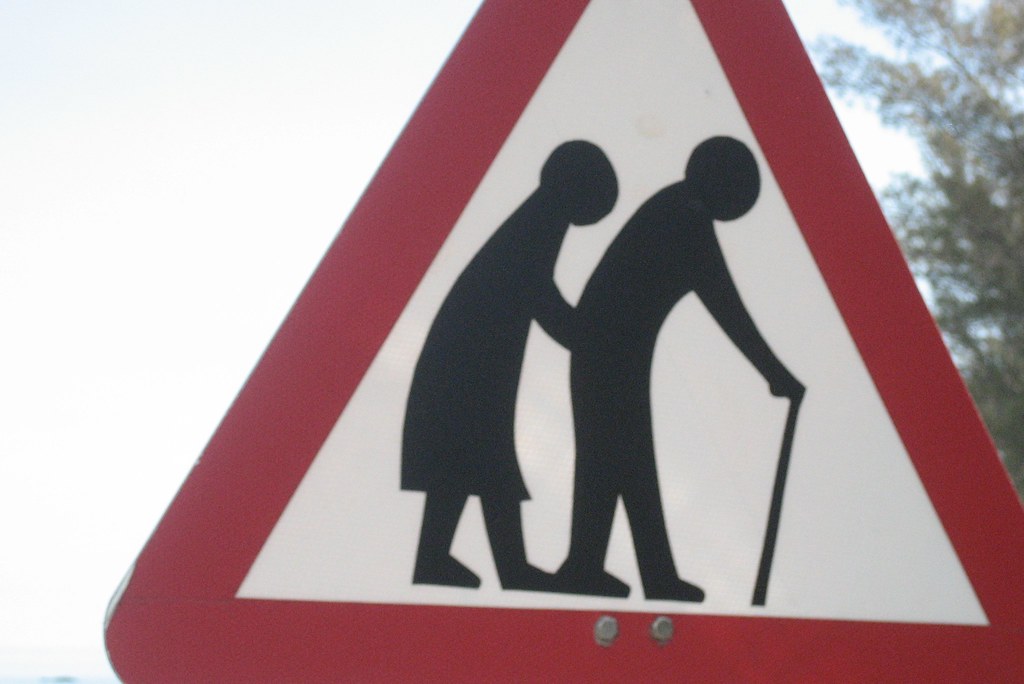A new European project, led by Newcastle University, is aiming to prevent disease by using high-tech digital sensors that can be worn on the body. The sensors monitor the health and wellbeing of volunteers during their daily routines.
The sensors especially focus on how people walk, as poor gait and walking slowly are often linked with early death, cognitive decline, dementia, a greater risk of disease and an increased likelihood of suffering falls.
The project, called MOBILISE-D, hopes the new technology will revolutionise the treatment of mobility loss and lead to the development of new drugs and better ways of identifying and managing disability.
The €50-million project involves 34 international research partners based at a number of leading universities and is led by Newcastle University in collaboration with the European Federation of Pharmaceutical Industries and Associations (EFPIA).
Lynn Rochester, a professor of human movement science at Newcastle University, said, “Digital technology, including sensors worn on the body, have the potential to transform how we assess mobility and identify life-changing conditions.”
“This will enable medical teams to intervene earlier and offer treatment to extend healthy life.”
Mobility problems are set to become a growing issue. In the EU, people over 65 already make up over 19% of the population and this figure is expected to increase substantially.
Increasing life expectancy, combined with more people living with chronic health conditions, will mean larger numbers of people will be facing mobility loss in the near future. Dealing with mobility issues is likely to become one of the greatest challenges confronting governments, societies and healthcare services.
The MOBILISE-D project monitors a number of conditions that affect mobility such as Parkinson’s disease, multiple sclerosis, hip fracture recovery and congestive heart failure.
Val Argent, 68, from Northumberland, is a Parkinson’s sufferer who has been taking part in the project. She was diagnosed with the disease nine years ago.
Val said, “There is no cure for Parkinson’s disease and not even a treatment which can slow its progression. The best medicine is regular exercise, which helps the brain as well as the body.”
“After nine years, I find that Parkinson’s disease slows down every aspect of my life. Getting money out of my purse takes time or finding the right word to complete a sentence takes me longer than it used to.”
“Taking part in the clinical trials is one way of fighting back. Every 18 months I am assessed and as part of that a monitor about the size of a stamp is stuck on my back and I carry on with normal life.”
“You forget the monitor’s there and the only difference is remembering to take it off if you want a bath.”
“It records all my actions, whether I’m walking, sleeping, standing, and the number of steps I’ve taken.”
“At the end of the week, I take it off, pop it in the post and then the research team are able to use the data to help them analyse any changes.”
“I do not expect taking part in the clinical trials to offer any personal health benefits, but maybe that will come to our children and future generations.”
“The sensors are so easy to use. I would encourage everyone to take part and do what they can. We have nothing to lose and someday there will be a breakthrough.”
Professor Rochester added, “Digital tools that consistently and accurately measure the extent and nature of mobility loss are now within our reach.”
“Once implemented, they will become a new and powerful driver for innovation, leading to an important and fundamental shift in the quality of healthcare.”
“Our ultimate goal is to provide a validated, robust set of algorithms to measure digital mobility outcomes and, in turn, inform therapeutic development.”
The MOBILISE-D project is funded by the European Innovative Medicines Initiative 2 Joint Undertaking.
(Featured image courtesy of schnaars, from Flickr Creative Commons)




















